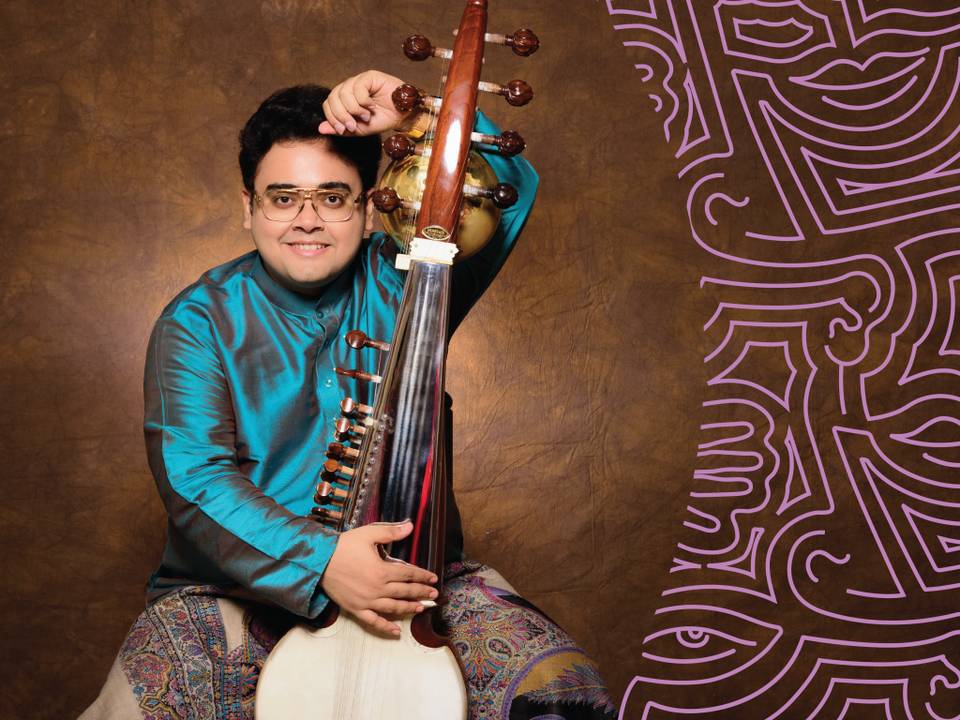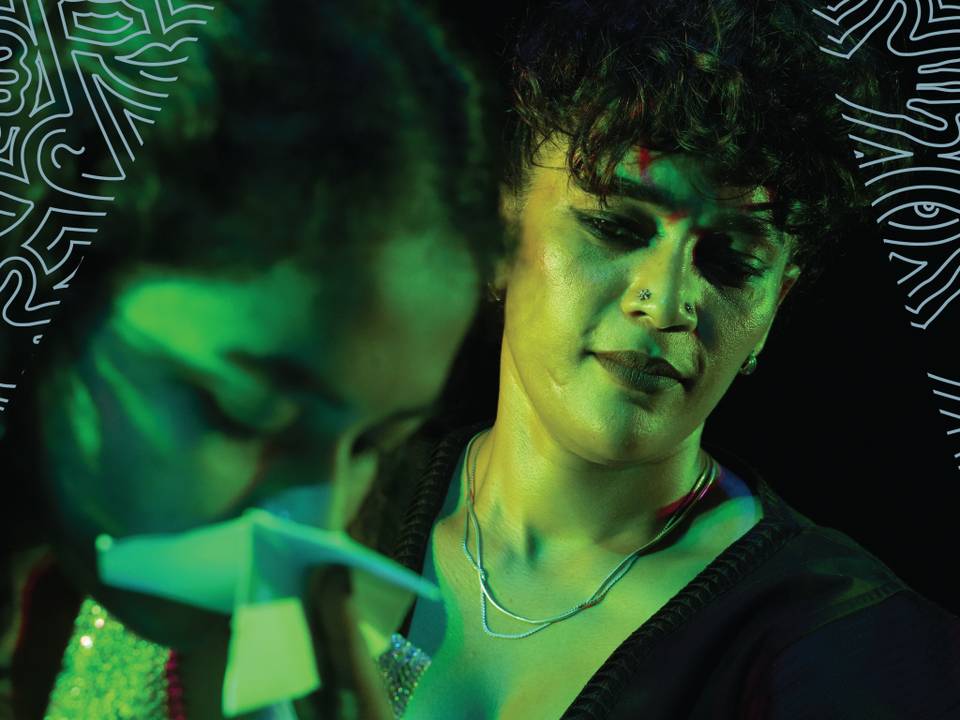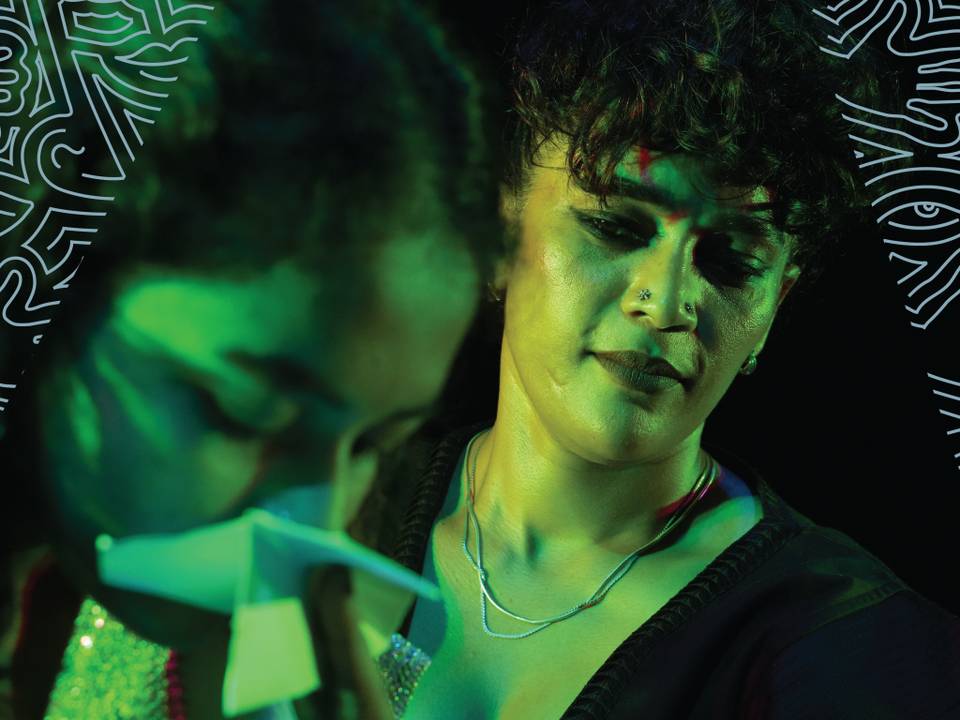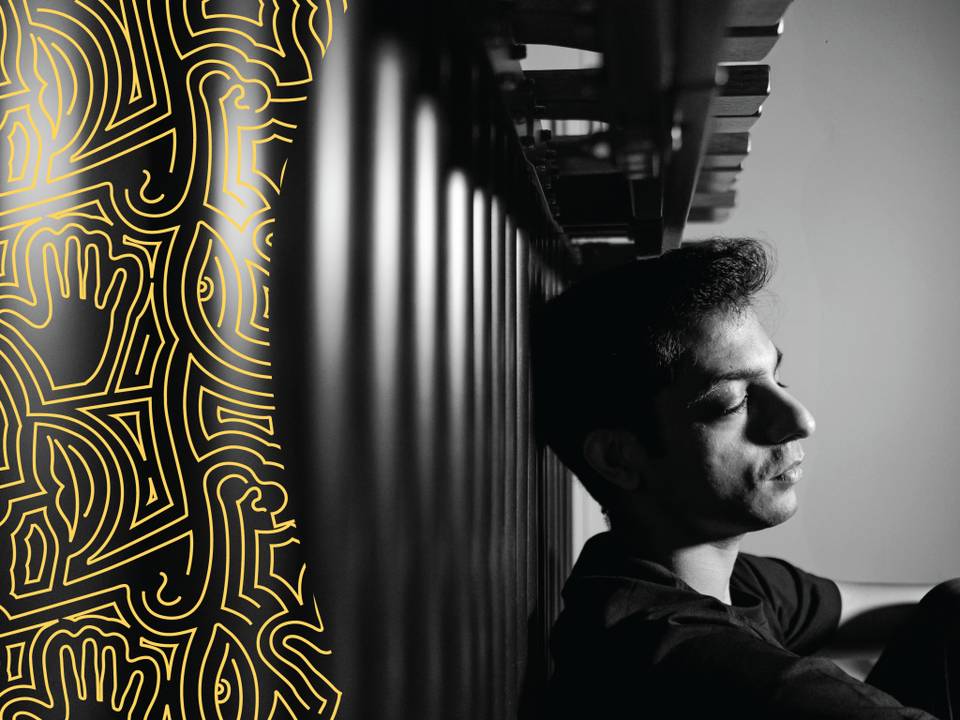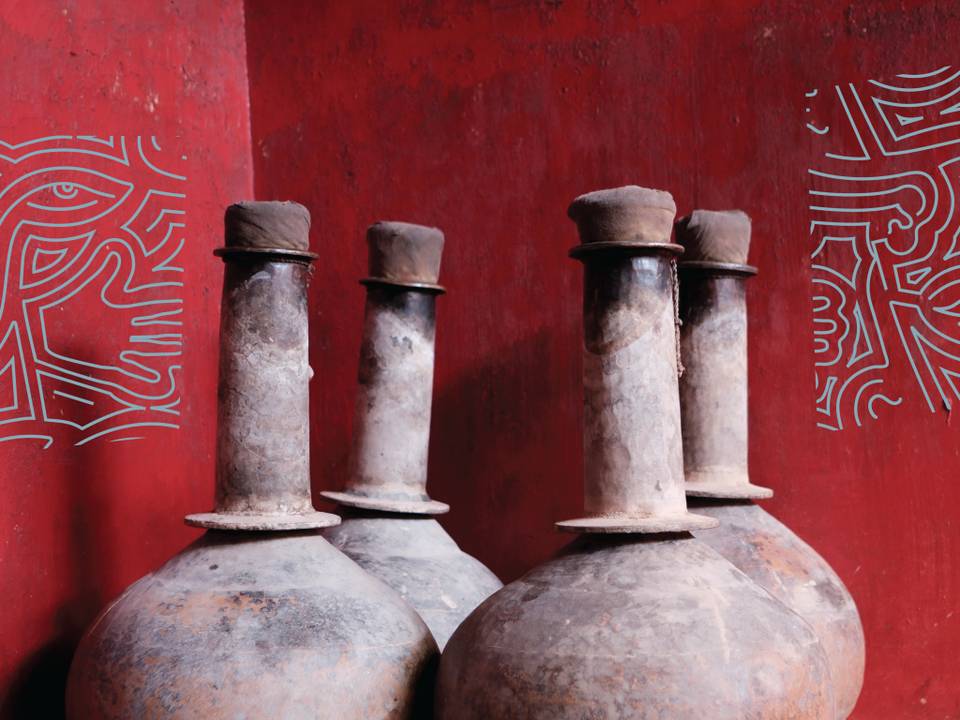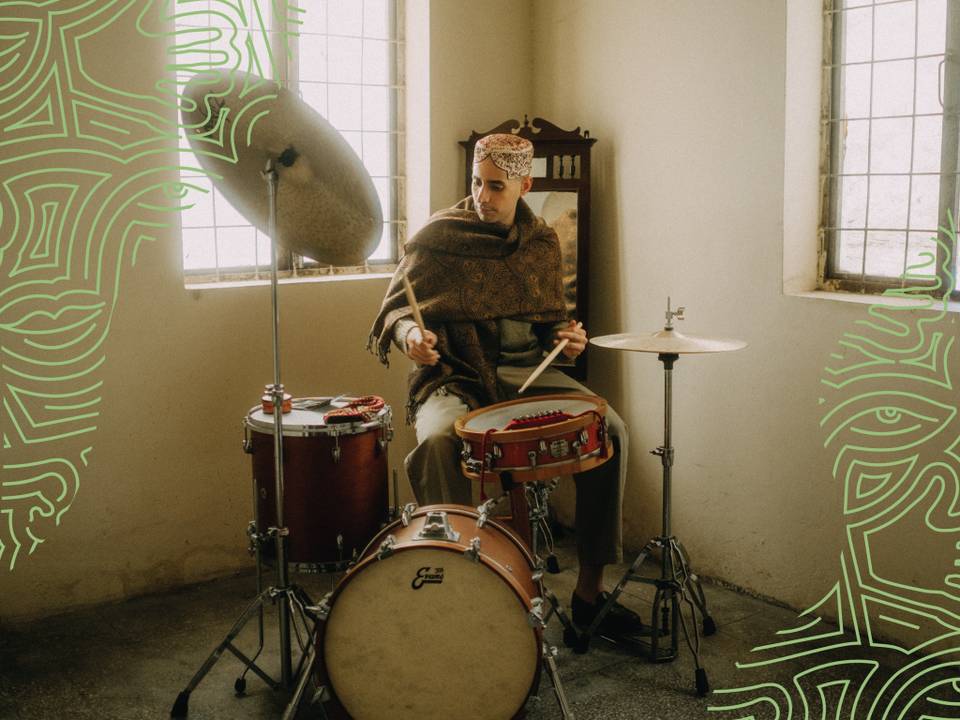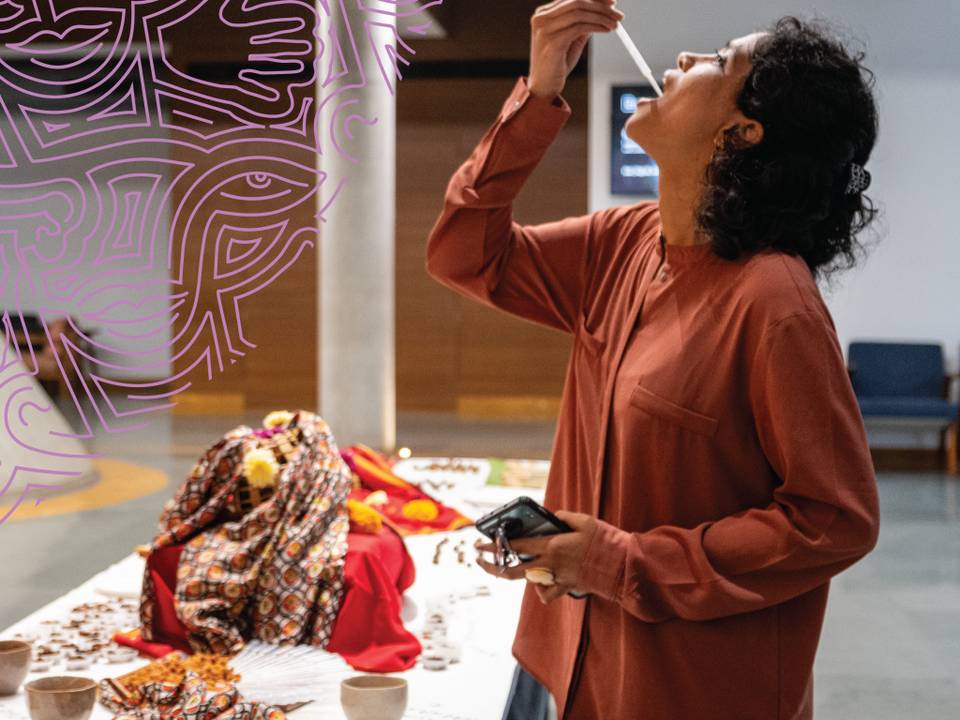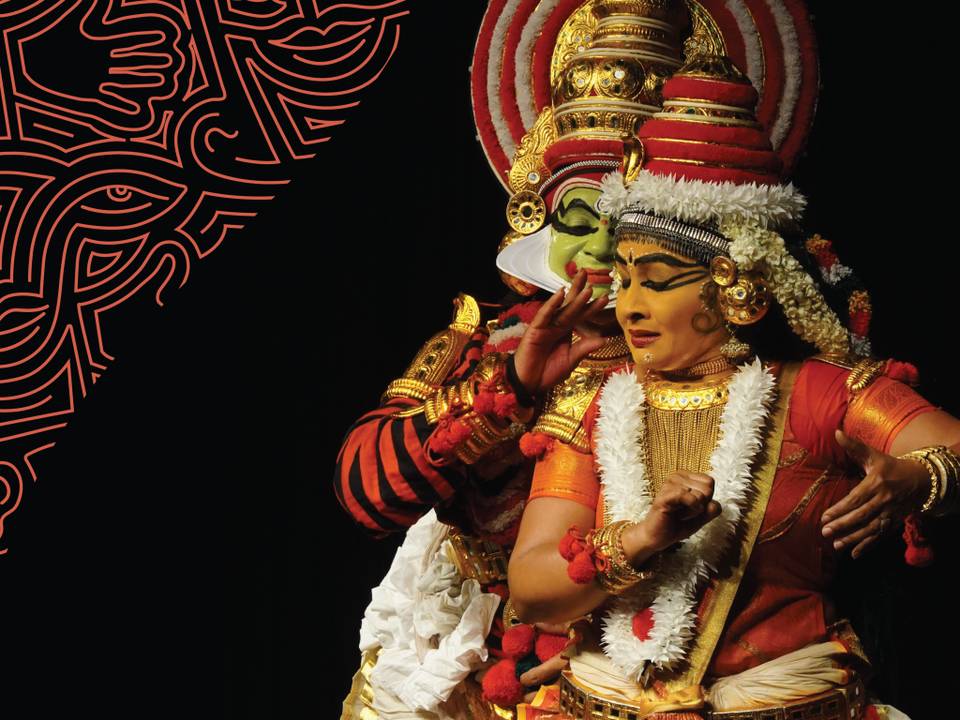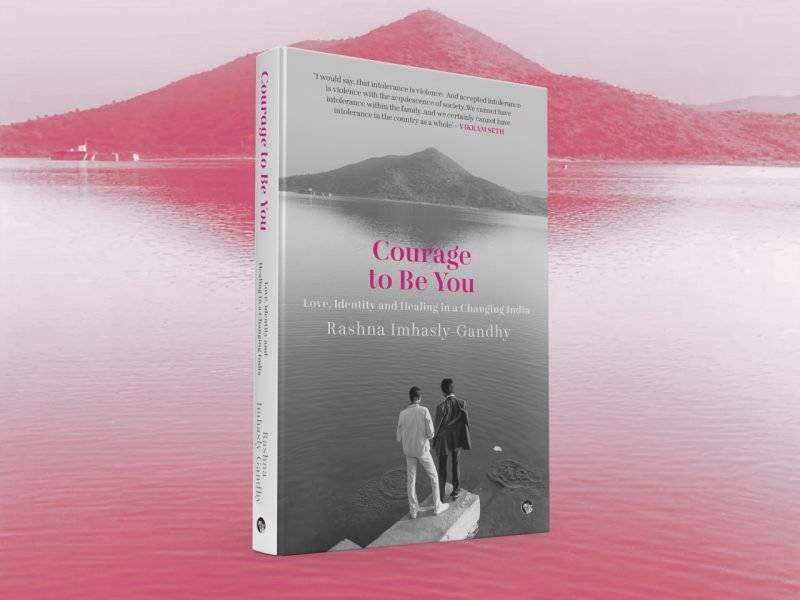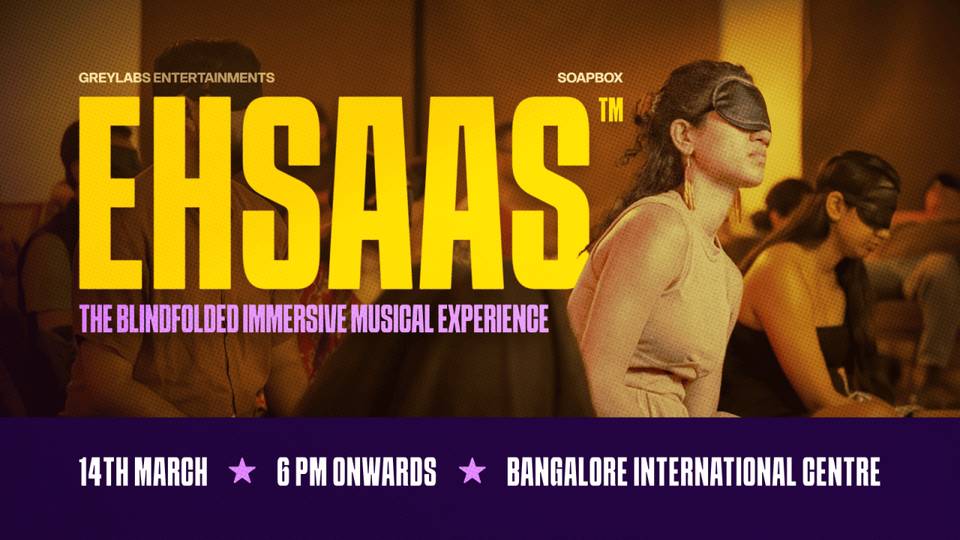Sovereigns of the Sea: Omani Ambition in the Age of Empire - The 6th Prof. Satish Chandra Memorial Lecture
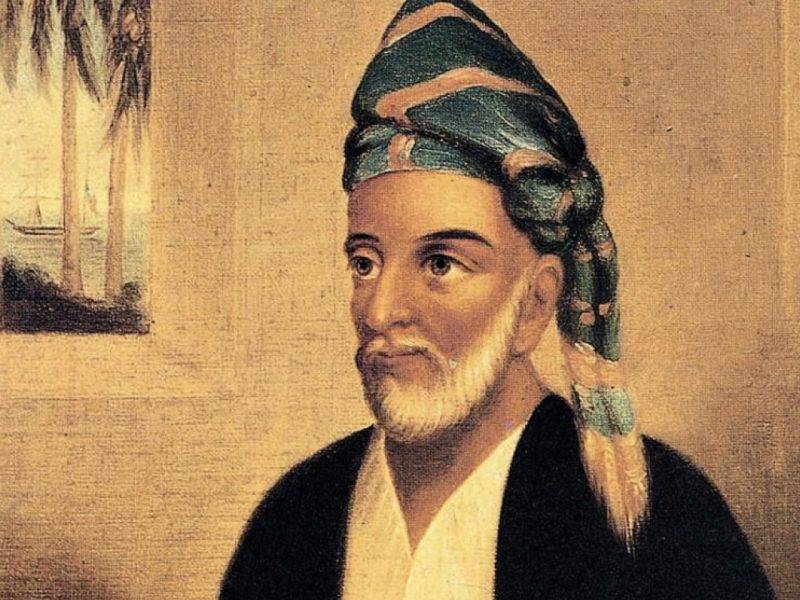
Details
Oct 12 2025 to Oct 12 2025 6:30 p.m.
EVENT HAS ENDED
Where
Bangalore International Centre
7 4th Main Rd, Stage 2, Domlur 560071
Event Description
This talk based on the book, Sovereigns of the Sea. Omani ambition in the age of Empire, views the Indian Ocean as an important political space where both Asian and Western imperial aspirations were articulated in the long nineteenth century. Putting the micro-optic on the Omani Sultans, rather than on European powers, it questions the idea that the Ocean became an uncontested British lake in the age of Empire. It shows how the Sultans made the most of Europeans who made a bee line to the Western Indian Ocean hungry for slaves, cloves, and ivory. They leveraged themselves to European economic concerns and politics, but remained heeled in their own cultural tradition. Many of them reached out to Indian financiers and merchants and articulated clearly their political ambitions. The talk forefronts these Asian imperial ambitions in the Ocean with important implications for the writing of global histories.
About Prof. Satish Chandra
Prof. Satish Chandra (1922 – 2017) was a leading authority on Medieval Indian History.
In a career spanning nearly 40 years, Prof. Chandra taught history at Allahabad University, Aligarh Muslim University, Delhi University, Rajasthan University, and finally the Jawaharlal Nehru University (JNU), where along with S. Gopal, Bipin Chandra and Romila Thapar he co-founded the Centre for Historical Studies.
In between, from 1972 to 1980 he was first Vice Chairman and then the Chairman of the University Grants Commission.
In 1985, along with intellectuals like Prof. Nurul Hasan and marine biologist Dr. Zahoor Qasim, he founded the Society for Indian Ocean Studies which, among other activities, brings out the quarterly Journal for Indian Ocean Studies.
Son of Sir Sita Ram, India’s first High Commissioner to Pakistan (1947-48), Prof. Chandra has, along with some other JNU historians, been said to have been a ‘left leaning historian’ who espoused the Marxist approach to history, and one whose early experiences helped bridge the intellectual gap in interpreting medieval Indian history and modern times.
Speaker
Seema Alavi
Professor of History, Ashoka University
Seema Alavi is a professor of history at Ashoka University, India. She specializes in early modern and modern South Asia, with an interest in the transformation of the region’s legacy from Indo-Persian to one heavily affected by British colonial rule. She has written books on the military, medical and religious histories of India. Her most recent books are the Albert Hourani Award winner, and the 2025 Monsoon Book Award winner Muslim Cosmopolitanism in the age of Empire from Harvard University Press, USA; and Sovereigns of the Sea. Omani Ambition in the age of Empire, Penguin India, 2023.
Alavi earned her PhD from Cambridge University, England. She started her teaching career from the Jawaharlal Nehru University, New Delhi, and before joining Ashoka University in 2023 has had long stints as a full Professor at the Jamia Millia Islamia central university and Delhi University.
She has twice been a Fulbright Scholar and a Smuts Visiting Fellow at Cambridge and was a visiting scholar at the Harvard-Yenching Institute, Harvard. In 2010 she was at the Radcliffe institute at Harvard as the William Bentinck-Smith Fellow.
She wrote Sepoys and the Company: Tradition and Transition in Northern India, 1770–1830 (Oxford University Press, 1995) and co-authored with Muzzafar Alam, A European Experience of the Mughal Orient: The I‘jaz-I Arsalani (Persian Letters 1773–1779) of Antoine-Louis Henri Polier (Oxford University Press, 2001). Her book Eighteenth Century in Indian History in the Oxford Debates series is a popular reader in India and abroad. In 2009 she wrote Islam and Healing : Loss and Recovery of an Indo-Muslim Medical Tradition, 1600–1900 (Palgrave Macmillan, UK 2009). She serves on the editorial board of several national and international journals, including Modern Asian Studies UK, Journal of Colonialism and Colonial History, UK, Journal of the Royal Asiatic Society, UK and Biblio, New Delhi.
